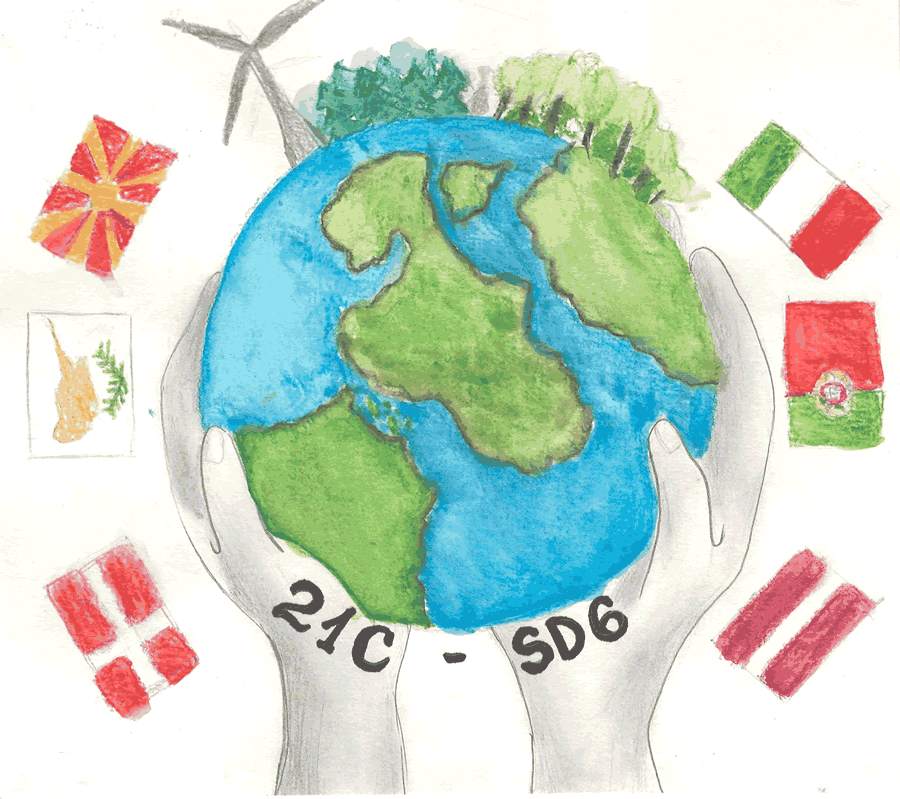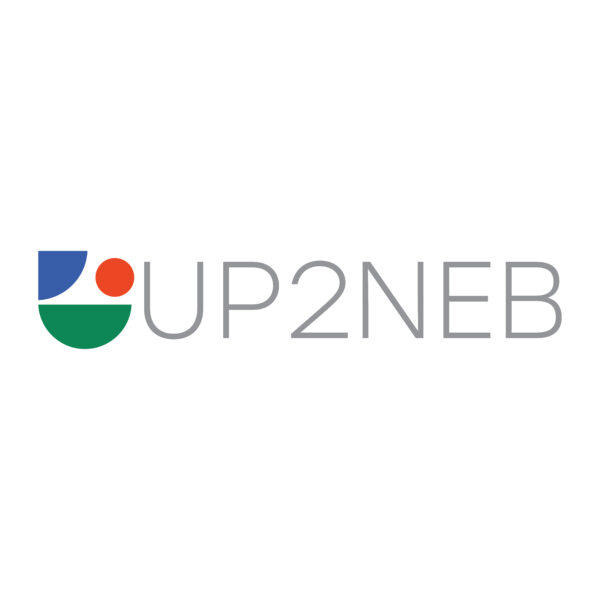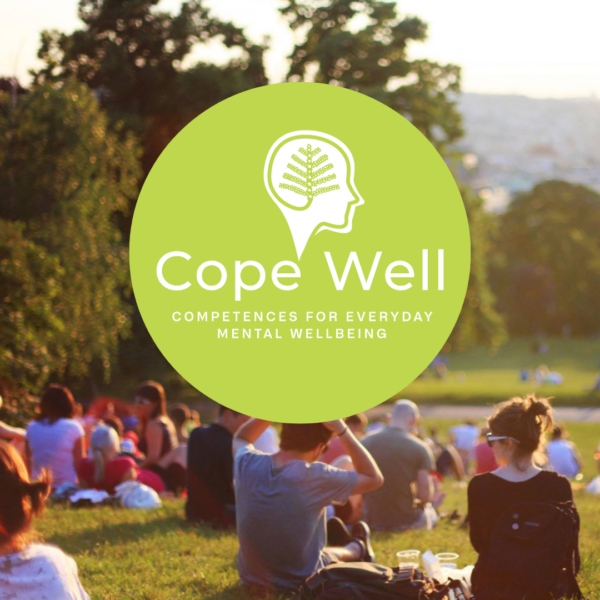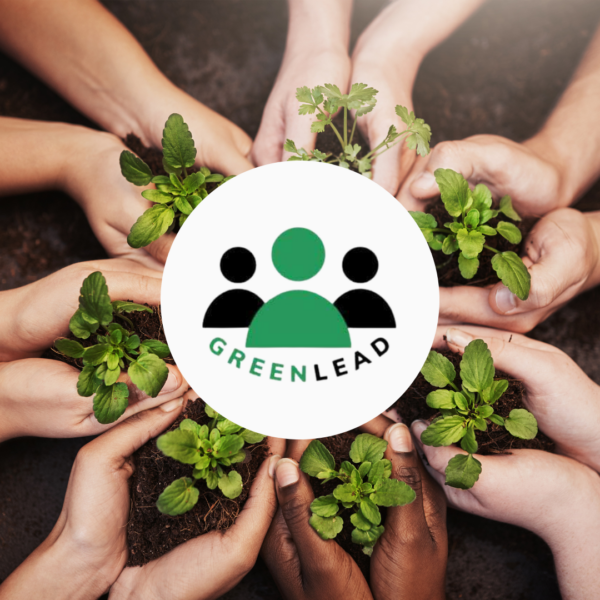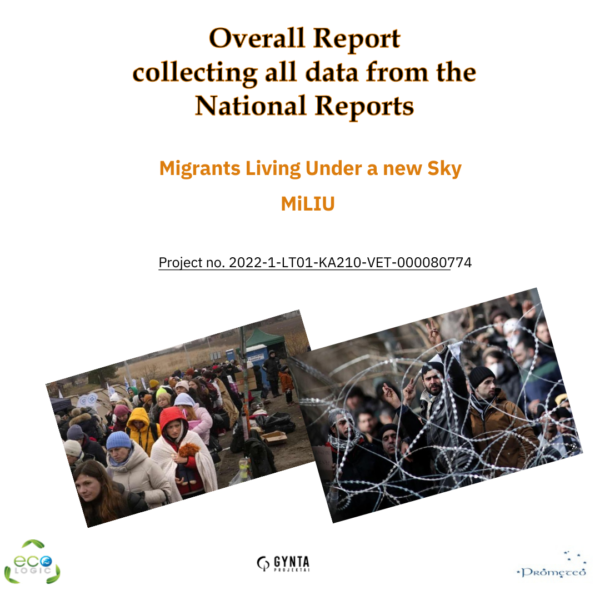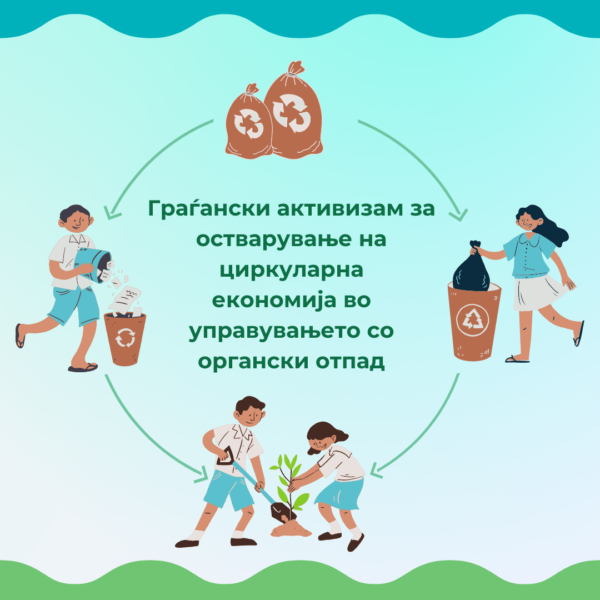Project title: 21st Century Skills in the Context of the UN’s Social Development Goals for Pupils
Project Acronym: 21C-SDG
Project start date: 01.09.2019
Duration: 24 months
Project end date: 31.08.2021
Project ID: KA201-ED0348B1
Project number: KA201-2019-005
Coordinator of the project
Vejle Kommune – Denmark
Partner Organizations
- The Hub Nicosia – Cyprus
- UNIVERSIDADE DO PORTO – Portugal
- Consorzio Scuola Comunità Impresa – Italy
- Daugavpils pilsetas Izglitibas parvalde – Latvia
- Eco Logic – The Republic of North Macedonia
Context/Background
Today, children are growing up in a world completely different from previous generations. The planet is under stress from pollution and climate changes (http://www.un.org/en/climatechange/un-climate- summit-2019.shtml).
If we want to secure the planet and future generations, we need to learn to be sustainable in order to enable everyone to live a good quality life. If we want to succeed in this, it is important to recognize that children and pupils need to be a part of the solution, because obviously, they are the future. Therefore, they need to be able to address the problems and this requires 21st century skills such as creative thinking, critical thinking, problem-solving skills, media literacy and entrepreneurship. The new Skills Agenda for Europe (June 2016), enshrines critical thinking, entrepreneurship, problem solving or digital competences, among others, as vital skills that the 21st century pupil needs to learn (https://ec.europa.eu/jrc/en/news/competence-frameworks-european- approach-teach-and-learn-21st-century-skills). This is to ensure that pupils develop a broad set of skills from early on in life and to make the most of Europe’s human capital, which will ultimately boost employability, competitiveness and growth in Europe.
Objectives
The general objective of this project is to increase pupils’ skills and competences in 21st century skills in the context of the UN SDG’s. The specific objectives are to develop online modules and learning materials for pupils between 10 – 15 years old. And to improve their understanding of current societal issues, i.e. environment, circular economy etc.
Activities and Methodology
1. Development of modules and learning materials (IO1):
Each module will concentrate on one of the UN SDG’s. The SDG’s will be: Gender equality (SDG5), Sustainable Cities and Communities (SDG11), Responsible Consumption and Production (SDG12), Climate Action (SDG13), Quality Education (SDG4) and Life Below Water (SDG14). This means that there will be 6 modules.
2. Development of the platform and website for the modules (IO2):
The partners will develop an online platform, where the teachers can easily access the modules and learning materials as well as upload their own videos, best practices, etc. The website will be a source of information on the project, such as: multiplier events, transnational conference and the learning modules.
3.Evaluation and roll out (IO3):
This will be a part of the testing of the modules and learning materials as well as the roll out. The evaluation will be used to adjust the materials before roll out as well as to measure the impact and usability after roll out. There will be a final evaluation of the modules/learning materials which will measure the pupils’ acquisition of 21st century skills.
4. Multiplier events: Each country will hold at least one multiplier event. The purpose of the local multiplier events is the sharing of the results of the project and its respective outputs with other schools, institutions and youth organizations.
5. International conference: Here the project results and modules will be launched and it will be disseminated to local and international stakeholders.
6. Production of Handbook of methodology and materials
This will happen in cooperation with the teachers, who will develop teaching methodologies that will both be put in the digital handbook. The manual will be developed in all partner languages, so they will cooperate with translation experts from each partner organization. Moreover, they will coordinate with CIIE (dissemination) to ensure that the manual is ready for the launching conference and for the project website.
Results and impact
At the completion of the project, we expect to have developed 6 modules and learning materials for European pupils between 10 and 15 years old, that increase their 21st century skills and knowledge about global issues and the UN SDG’s. We expect to have implemented the modules and materials in at least 18 classes across the partnership – which amounts to approximately 460 pupils.
Furthermore, approximately 12-18 teachers and trainers will have been involved in the project as either developers, testers and/or teachers.
